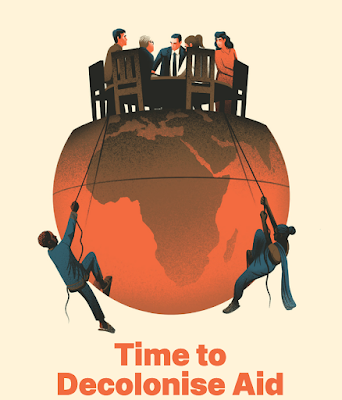The Good American (book review)

Imagine if I told you a story about a high school drop-out without any formal credentials who moved into a career with more humanitarian front line work and foreign policy impact than entire NGOs have-chances are that you think that the pandemic got the better of me or that I am talking about the humanitarian Jurassic period of the first half of the 20th century perhaps… But in fact, it is the real story of The Good American-The Epic Life of Bob Gersony, The U.S. Government’s Greatest Humanitarian . I have reviewed a fair share of aid worker memoirs and (auto)biographies during my blogging and Robert Kaplan is a real master in weaving together the life story of Bob Gersony with broader narratives of American foreign policy from the 1970s well into the 2010s with a focus on key humanitarian responses and the institutional politics behind it. It is difficult not to be taken in by the “American dream” that Gersony has built throughout his career: the son of Jewish immigrants who stumbles...


